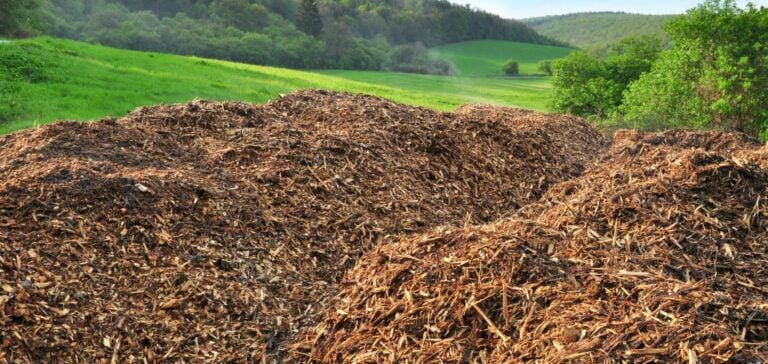The oil industry is reinventing itself in response to increasing demands for carbon emission reductions. Leading oil companies, including BP, Chevron, Shell, TotalEnergies, ExxonMobil, and Eni, are diversifying their strategies to include biofuels. A study by Rystad Energy reveals that these six giants have announced a total of 43 biofuel projects expected to become operational by 2030.
These projects aim to meet the growing global demand for sustainable fuels, focusing primarily on hydrotreated vegetable oil (HVO) and sustainable aviation fuel (SAF), which account for nearly 90% of the projected production. These fuels are especially valued for their ability to integrate seamlessly into existing aviation, heavy transport, and maritime infrastructure.
Strategic and Varied Investments
Among the 43 projects, 31 involve new installations (“greenfield”), six integrate the co-processing of bio-based raw materials into existing refineries, and six others plan to fully convert refineries into biofuel-dedicated units. Co-processing stands out as a cost-effective strategy that leverages existing infrastructure to reduce initial investment.
Chevron stands out with its Geismar project, the largest of the greenfield initiatives, targeting a production of 22,000 barrels per day (b/d) of biofuels. BP, through the conversion of its Kwinana refinery, aims to produce 50,000 b/d of HVO and SAF by 2030, marking a significant step toward meeting global demand.
A Leadership Position in Biofuels
BP leads with a combined announced capacity of 130,000 b/d, bolstered by its recent acquisition of Bunge Bioenergia in Brazil. Chevron and Eni follow closely with significant capacities in co-processing and conversion projects. TotalEnergies plans for 75% of its biofuels to come from residual biomass by 2024, emphasizing a strategy centered on industrial and food waste to avoid land-use conflicts.
Driving the Energy Transition
Advanced biofuels, such as SAF and HVO, play a pivotal role in oil companies’ decarbonization strategies. These “drop-in” fuels offer a fast-track solution to emissions reduction without requiring significant infrastructure changes. This momentum is supported by stringent regulations, such as Europe’s “ReFuel EU” initiative and growing mandates in the Asia-Pacific region, accelerating the adoption of sustainable fuels in critical sectors.
As 2030 decarbonization targets approach, investments in biofuels highlight a profound strategic shift among major oil companies seeking to address both market needs and climate imperatives.






















